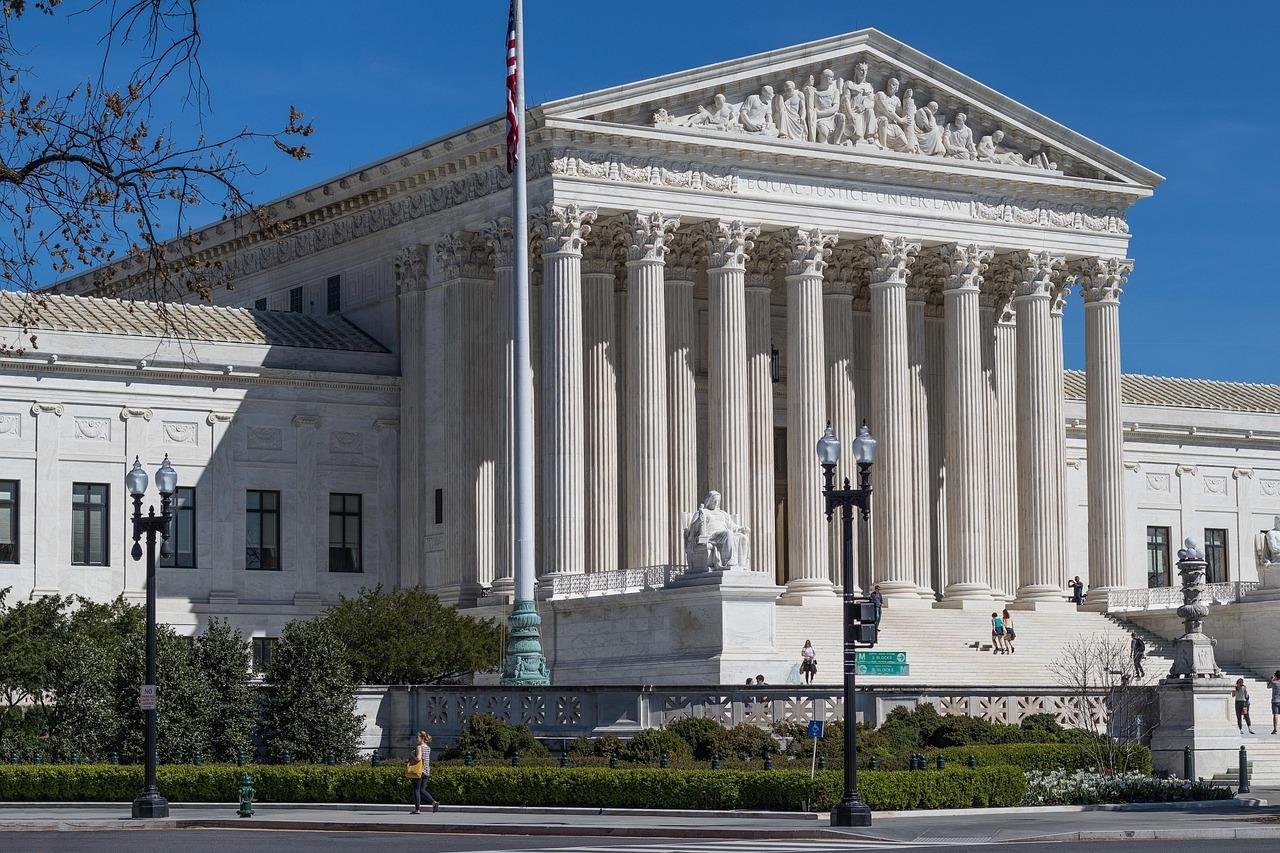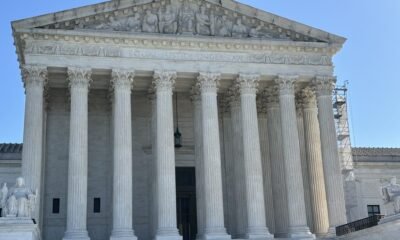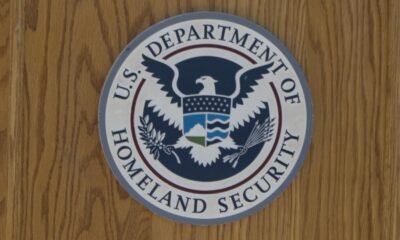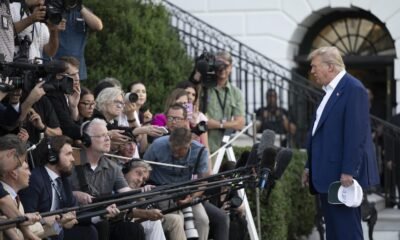Business
Trump’s Firing Frenzy Hits SCOTUS: Watchdog Attorney Raises Challenge

In a landmark case, a government watchdog employee, Hampton Dellinger, has taken his fight against President Donald Trump’s abrupt firing practices to the Supreme Court. Dellinger, terminated via a single-sentence email, argues that his removal lacked any legitimate justification, violating established protections for independent agency leaders.
Typically, figures like Dellinger, who heads the Office of Special Counsel, are shielded from arbitrary dismissal by political figures. However, in his lawsuit, he contends that the Trump administration has disregarded these norms. “The president did not purport to remove Special Counsel Dellinger on the basis of ‘inefficiency, neglect of duty, or malfeasance in office’,” Dellinger noted in his complaint submitted to the U.S. District Court for the District of Columbia. He characterized the termination as “ultra vires” and a clear statutory violation.
U.S. District Judge Amy Berman Jackson, appointed by Barack Obama, ruled that Dellinger could remain in his position until a hearing set for February 28. The D.C. Circuit Court upheld this ruling, stating it would be premature for appeals to intervene while lower court proceedings were ongoing.
In a swift development, the Justice Department appealed to the Supreme Court to expedite Dellinger’s removal before Jackson’s hearing. Following the filing of the emergency appeal on Tuesday morning, the court required Dellinger to respond by Wednesday at 2 p.m.
This appeal marks the first Supreme Court challenge from the Trump administration, asserting broad presidential immunity under Article II. The administration argues that Congress and the courts have limited authority to scrutinize presidential actions, thereby granting the president unrestricted power to dismiss officials. “This court should not allow lower courts to seize executive power by dictating to the President how long he must continue employing an agency head against his will,” asserted the Department of Justice.
The justices are expected to rule solely on whether maintaining Dellinger in his role inflicts irreparable harm to the government. Nevertheless, the administration’s broader legal arguments may come into play in future Supreme Court deliberations.
Trump maintains that challenges to presidential authority, based on the unitary executive theory, should be infrequent, emphasizing the president’s expansive influence over the federal government. Over the last decade, the Supreme Court has gradually reinforced this theory, diminishing checks on presidential power. The Trump administration has expressed intentions to push for further extensions of executive authority.
Acting Solicitor General Sarah Harris recently informed the House Judiciary Committee that the administration seeks to dismantle precedents such as Humphrey’s Executor v. United States, a pivotal 1935 ruling stipulating that presidents must provide justification before dismissing members of independent agencies. Harris contended that independent board members wield substantial powers that are historically unfounded.
As lower courts prepare to delve into the merits of Dellinger’s case, the Supreme Court could ultimately be called upon to review or overturn the Humphrey’s Executor precedent. The tight timeline for Dellinger’s response suggests that a ruling from the justices may arrive in the near future.


















